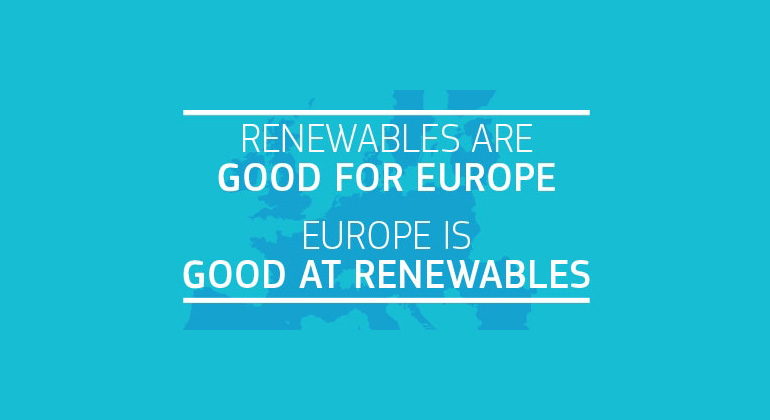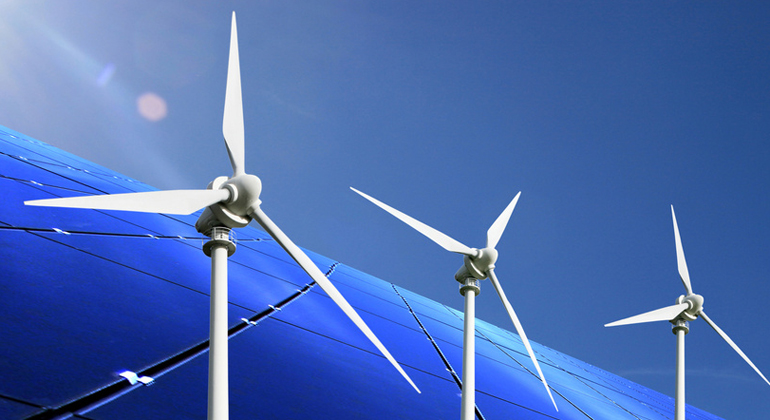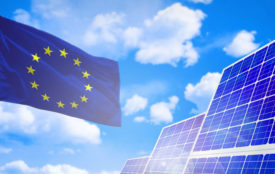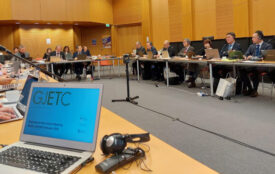European Commission: Renewable energy progress report
The European Commission has published the progress report on 2020 renewable energy targets, showing that the EU is on track to meet its 20% renewable energy targets.
With a projected share of 15.3% of renewable energy in 2014 in the gross final energy consumption, the EU and the vast majority of Member States are advancing well: 25 Member States are expected to meet their 2013/2014 national targets.
These results are published in the European Commission’s 2015 report on progress made in achieving the EU’s legally binding target for a 20% share of renewable energy, the 10% target for renewable energy use in transport, and the binding national targets by 2020.
“The report shows once again that Europe is good at renewables, and that renewables are good for Europe. We have 3 times more renewable power per capita in Europe than anywhere else in the rest of the world. We have more than 1 million people working in the renewable energy sector worth over 130bn euros a year. We export 35 billion euros worth of renewables every year,” said Miguel Arias Cañete, Commissioner for Climate Action and Energy.
With a projected share of 5.7% renewable energy in transport in 2014, achieving the 10% target is challenging but remains feasible, with good progress in some Member States.
25 Member States are expected to meet their 2013/2014 renewable energy national targets. 26 Member States met their 2011/2012 targets. Since the interim targets will become more ambitious over the coming years, some Member States may need to intensify their efforts to keep on track including the possible use of cooperation mechanisms with other Member States.
The renewable energy Directive is working
The report shows that the renewable energy Directive is working: the deployment of renewable energy resulted in
- around 326 Mt of gross avoided CO2 emissions in 2012 and 388 Mt in 2013,
- and a reduction in the EU demand of fossil fuels of 116 Mtoe in 2013.
Furthermore, for the EU’s security of energy supply:
- the renewable energy substitution of natural gas made up 30% of all avoided fossil fuel use in 2013
- and almost half of Member States reduced their gross inland consumption of natural gas by at least 7%.
Moreover, renewable energy is becoming a widely accepted, mainstream source of energy with the 2020 targets being a key driver for European-led global investment in renewables and supportive energy policies far beyond Europe’s borders, the report finds.
Background
With 5 years to go to 2020, the Renewable Energy progress report is the mid-term assessment of the progress towards 2020 renewable energy targets. Every two years, it monitors the progress of the EU and Member States towards the legally binding renewable energy targets laid down in the Renewable Energy Directive, adopted as part of the EU Climate and Energy policy package in 2009. It also includes an assessment on the feasibility of the 10% renewable energy in transport target and the sustainability of the use of biofuels and bioliquids.
The EU legislation promoting the use of renewable energy has been in place since 2001 when the first Directive on the promotion and use of electricity from renewable sources was adopted, followed by the 2003 Directive on the use of biofuels and other renewable energy in transport.
More information
- Fact sheet: Renewable energy progress report
- Renewable energy progress report 2015
- Annex RES.pdf
- Progress report / ZIP









